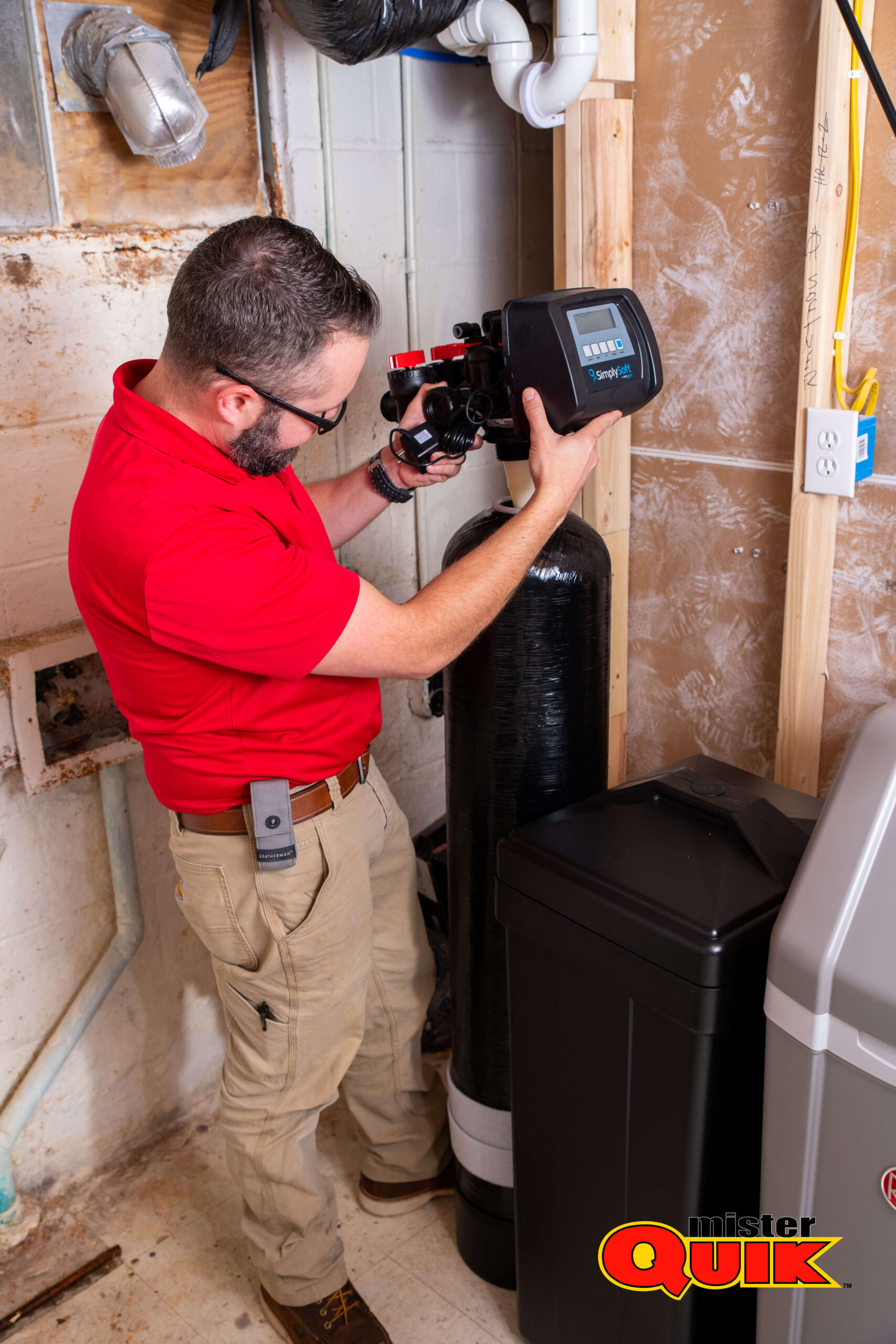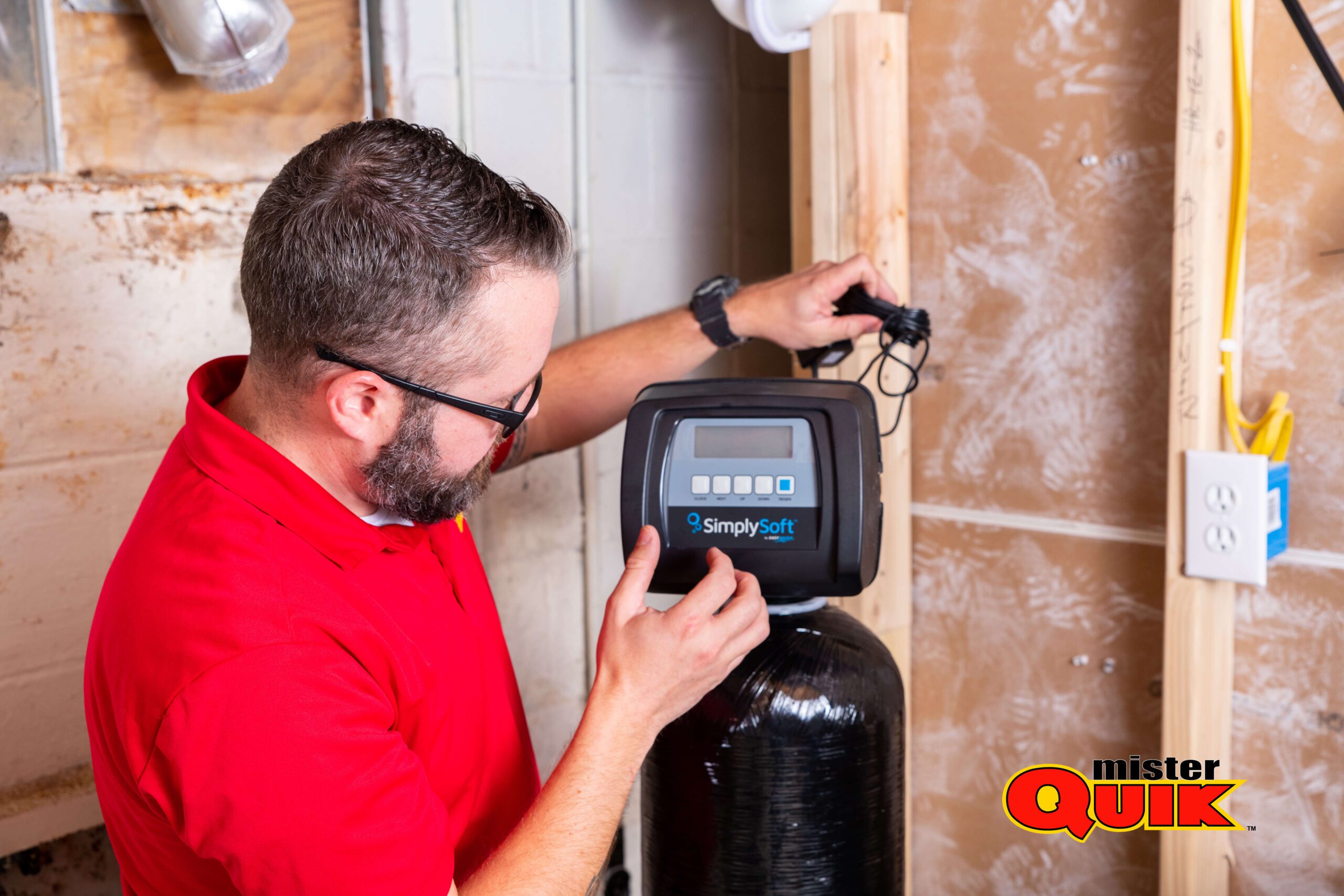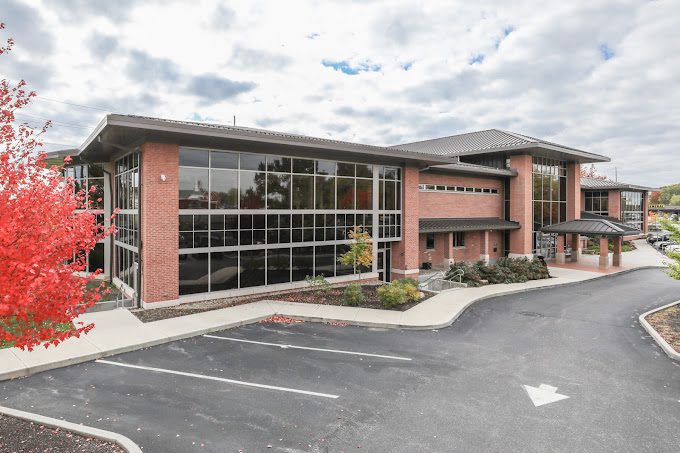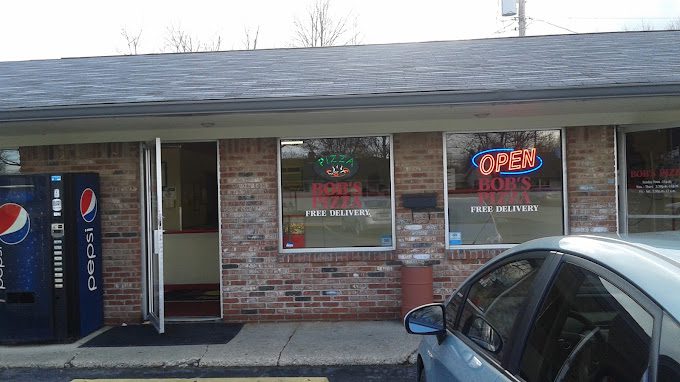Greenwood Water Softeners

What are Greenwood Water Softeners?
Greenwood Water Softeners are appliances that remove hardness-causing minerals, primarily calcium and magnesium, from your water supply. Greenwood Water Softeners improve the quality of your water in various ways, making it softer and easier to use. Here’s a breakdown of their function, benefits, and potential drawbacks:
How Greenwood Water Softeners Work:
Greenwood Water Softeners use a process called ion exchange. The water passes through a resin tank filled with tiny beads. These beads are coated with sodium ions. As hard water flows through, the calcium and magnesium ions in the water are attracted to the resin and bond with it, replacing the ions. The softened water, now rich in sodium ions, exits the tank. The resin beads are periodically regenerated with a concentrated salt solution, flushing out the accumulated calcium and magnesium and replacing them with sodium ions again.
Benefits of Greenwood Water Softeners:
- Improved cleaning: Soap and detergents lather better in soft water, requiring less product and leaving fewer sudsy residues.
- Reduced scale buildup: Greenwood Water Softeners prevent the formation of scale, which can clog pipes, shorten appliance lifespan, and reduce water flow.
- Softer skin and hair: Some people find that soft water leaves their skin and hair feeling smoother and easier to manage.
- Less soap scum and mineral deposits: Soft water reduces the formation of soap scum on fixtures and mineral deposits on dishes and glassware.
- Longer lifespan for appliances: Greenwood Water Softeners can extend the life of appliances like washing machines and dishwashers by reducing scale buildup.
Drawbacks of Soft Water:
- Sodium intake: The sodium used in the ion exchange process can be a concern for people on sodium-restricted diets. However, the amount of sodium added by water softeners is usually minimal compared to dietary sources.
- Potential maintenance costs: Greenwood Water Softeners require regular maintenance, including salt addition and resin regeneration, which can add to the continuing cost of ownership.
Are Greenwood Water Softeners Right for You? Whether or not Greenwood Water Softeners are right for you depends on several factors, including:
- Your water hardness: If you have very hard water, the benefits of softening may be more significant.
- Your sodium intake: Consider your dietary needs and consult with your doctor if you have concerns about sodium intake.
- Your budget: Consider the initial cost of the water softener, installation costs, and ongoing maintenance costs.
Additional Information:
- You can check your water hardness by contacting your local water utility or using a home testing kit.
- There are different types of Greenwood Water Softeners available, such as salt-based, salt-free, and metered regeneration models. Each has its advantages and disadvantages.
- Consulting a qualified plumber or water treatment professional can help you determine if Greenwood Water Softeners are right for you and recommend the best type for your needs.
Moen Delta Faucets Kohler American Standard Toto Mansfield Plumbing Price Pfister Peerless Lochinvar Rinnai Navien Grohe Speakman Gerber Whirlpool Easywater AO Smith Rheem Bradford White Culligan Kinetico Sterling Brizo Gastite Zoeller Glentronics Zurn Grundfos Pumps Blanco Bocchi Bradley Company Brasscraft Manufacturing Company Kerox, Ltd. Dornbracht Americas Inc. Falcon Water Technologies, LLC Fisher Manufacturing Company Fluidmaster, Inc. Hansgrohe, Inc. Haws Corporation LAUFEN Schweiz AG Lavelle Industries, Inc. LIXIL LSP Products Group LLC Marcone Plumbing Masco Corporation Neoperl, Inc. Reliance Worldwide Corporation Sloan Valve Company Sprite Industries T&S Brass and Bronze Works, Inc. Uponor Viega LLC Water Pik, Inc. WCM Industries, Inc. Axor Decolav Dreamline Showers DXV Fairmont Design Fortis Franke Geberit Plumbing Ginger Graff HydroSystems Infinity Drains In-Sink-Erator Jacuzzi James Martin LinkaSink MTI Native Trails Newport Brass PROFLO Rohl Signature Hardware Strasser Swanstone Thompson Traders Watermark Zucchetti Alfi ANZZI Altair AquaPure Avanity Avano Azzuri Bella CORE Bemis Brondell CRAFT + MAIN California Faucets Chicago Faucets Clarke Cutler Kitchen and Bath Duravit EAGO Eccotemp Eemax Fresca Giagni Houzer Jones Stephens Kaldewei Kingston BrassKraus Liberty Pumps Little Giant MediTub Nameeks OVE Decors Pulse Purewater Baths Sagehill Designs Saniflo Stiebel Eltron Swiss Madison Symmons Ultra Faucets VIGO WS Bath Collections Waste King Watts Whitehaus
Residential Greenwood Water Softeners
Imagine a world where:
- Soap suds actually lather up in the shower, leaving you feeling truly clean.
- Sparkling dishes emerge from the dishwasher, free of stubborn water spots.
- Clothes come out softer and brighter from the washing machine, thanks to reduced mineral buildup.
- Pipes stay clog-free and appliances last longer, thanks to the absence of scale.
If this sounds like a dream come true, you might need Greenwood Water Softeners! Let’s dive into the world of soft water and explore how it can benefit your home.
Think of Greenwood Water Softeners as magic bullet for hard water. It removes the calcium and magnesium minerals that cause hardness through a process called ion exchange. Imagine tiny beads in a tank, attracting and capturing the hardness minerals while releasing sodium ions in exchange. This leaves your water softer and easier to manage.
The benefits of Greenwood Water Softeners go beyond just feeling nice. Here are some key reasons it might be worth it for your home: Enhanced cleaning: Greenwood Water Softeners requires less soap and detergent, making cleaning more efficient and cost-effective. Say goodbye to frustrating soap scum build-up! Longer appliance lifespan: Hard water can wreak havoc on your appliances, leading to scale buildup and reduced efficiency. Soft water helps them run smoothly and last longer. Skin and hair happiness: Greenwood Water Softeners can be gentler on your skin and hair, leaving them feeling softer and more manageable. Reduced maintenance: No more scrubbing stubborn water spots off dishes or fixtures. Soft water makes your cleaning routine a breeze.
Sodium intake: The ion exchange process uses sodium. If you're on a sodium-restricted diet, consult your doctor to understand the impact. Environmental impact: The salt used for regeneration can contribute to chloride in wastewater. Consider salt-free options or responsible salt disposal. Maintenance: Greenwood Water Softeners require periodic salt replenishment and resin regeneration. Factor in these costs.
Water hardness: Check with your local water authority or use a home testing kit to determine your water hardness level. The harder the water, the greater the potential benefit. Individual needs: Consider your sodium intake concerns, environmental impact preferences, and budget for initial purchase and ongoing maintenance.
With various types of Greenwood Water Softeners available, consulting a qualified plumber or water treatment professional is crucial. They can assess your needs, recommend the suitable type and size, and handle installation.
By understanding the benefits and drawbacks, you can make an informed decision about whether Greenwood Water Softeners is the right fit for your needs and lifestyle. Remember, soft water can transform your home, making it easier to clean, kinder to your appliances, and potentially even improving your skin and hair health. Let the softness begin!
The process of water softening can cause water to have an elevated amount of sodium. While most soft water is perfectly safe to drink, elevated sodium levels may not be ideal for people with high blood pressure.
Yes, a water softener needs maintenance in order to work as intended for a long period of time. They must be refilled with salt on a regular basis and should also be deep-cleaned from time to time to ensure the system can function properly.
You may also notice that your water pressure is reduced, which can be caused by a buildup of minerals in the system. Additionally, if your water softener is not functioning correctly, it can lead to other problems in your home, such as clogged pipes, damaged appliances, and increased energy bills.
The lifespan of a water softener can vary depending on factors such as the quality of the unit, water hardness levels, usage patterns, and maintenance practices. On average, a well-maintained water softener can last anywhere from 8-10 years. However, some higher-quality models can last even longer with proper care. Regular maintenance, such as replenishing salt or potassium chloride, cleaning the brine tank, and occasionally servicing the unit as needed, can help extend its lifespan.
All that will happen is that you’ll have hard water again and you’ll stop noticing the benefits of soft water. As soon as you fill the salt chamber again, your softened water will be back. It’s best to check salt levels regularly to avoid running out, but it won’t damage your softener if you do.
How long do water softeners last in Greenwood?
Unfortunately, there’s no single answer to how long a water softener will last in Greenwood, Indiana.

- Hardness: Harder water puts more strain on the system, potentially shortening its lifespan.
- Iron content: High iron levels can clog the resin, requiring more frequent regeneration and potentially impacting longevity.
- Regular salt replenishment: Consistent refilling ensures the ion exchange process functions properly.
- Resin regeneration frequency: Properly timed regeneration cycles keep the resin clean and functional.
- General upkeep: Addressing leaks, cleaning components, and following manufacturer’s recommendations contribute to longevity.
- Different brands and models have varying build quality and expected lifespans. Researching reputable brands and models known for durability can be helpful.
- Temperature: Extreme temperatures can impact internal components, potentially affecting lifespan.
- Water pressure: Fluctuations in water pressure can put stress on the system.
- Consult Mister Quik Home Services: We can assess your specific water quality, usage patterns, and budget to recommend an appropriate softener and estimate its expected lifespan.
- Invest in a reputable brand: Look for brands known for their durability and warranty coverage.
- Maintain your softener diligently: Follow the manufacturer’s instructions for salt replenishment, regeneration cycles, and general upkeep.
- Be aware of warning signs: Reduced water pressure, leaks, or unusual sounds can indicate potential issues requiring attention.
By understanding these factors and taking proper care, you can maximize the lifespan of your water softener and enjoy the benefits of soft water for years to come.
Tips In Maintaining Water Softeners
Here are some tips to keep your water softener running smoothly and efficiently

Maintaining proper salt levels is crucial for the regeneration process. Check your salt tank at least once a month. Refill it when it reaches a specific level, usually around half full with a few inches above the water line. Refer to your water softener manual for specific recommendations.

Most water softeners benefit from annual cleaning of the brine tank, the container that holds the salt solution. This removes salt buildup, prevents salt bridges (clumps that block water flow), and maintains optimal performance. You can likely clean it yourself following the manufacturer's instructions, but some may recommend professional cleaning every year.

Salt bridges can form due to condensation, especially in humid environments. They prevent the salt from dissolving properly. During salt level checks, break up any small bridges with a long object. If large bridges form, a more thorough cleaning may be required.

Some water softeners recommend manually exercising the bypass valve and regeneration valve periodically according to the manual's instructions. This helps ensure they function properly.

Every few months, you can use a water softener cleaner designed to remove mineral buildup and improve the efficiency of the resin bed, which is the part that removes hardness minerals. Follow the cleaner's instructions and dosage carefully.

If you notice a decrease in softened water output, unusual noises, or leaks, don't ignore them. Address these issues promptly to prevent further problems and potential damage to your water softener.

Your water softener manual is a valuable resource. Refer to it for specific maintenance recommendations, troubleshooting tips, and information on warranty coverage.

By following these tips, you can help ensure your water softener provides you with soft water for many years to come.
Water softeners installation near Greenwood
Tips for choosing a water softener:
- Water hardness: Get your water tested or purchase a home testing kit.
- Size: Choose a size based on your water usage and household size.
- Features: Consider features like automatic regeneration for convenience.
I hope this helps you find the perfect water softener for your home in Greenwood! Remember, it’s important to consider your specific needs and budget when making your decision.
Choosing an Installer:
- Licensing and Insurance: Ensure the installer is licensed and insured to operate in your area.
- Experience: Inquire about their experience installing water softeners, particularly in the Greenwood area or with your specific system type.
- Pricing: Obtain quotes from several installers to compare prices and services offered. Ask about any additional fees or charges upfront.
- Customer Reviews: Check online reviews or ask for references to gauge the installer’s reputation and service quality.
Additional Tips
- Needs Assessment: Before contacting installers, determine the type of water softener you need and the complexity of the installation process.
- Informed Decisions: Don’t hesitate to ask questions about the process, warranty, and maintenance of your water softener.
- Written Agreement: Ensure you have a written estimate or contract outlining the scope of work, price, and warranty before proceeding with the installation.
By following these tips and conducting thorough research, you can confidently choose a qualified and reliable water softener installer in Greenwood who meets your needs and budget. Remember, a well-maintained water softener can significantly enhance your home’s water quality and provide various benefits, including improved cleaning efficiency, longer appliance lifespan, and potentially softer skin and hair.
Water softeners maintenance in Greenwood
Residents with water softeners enjoy the benefits of softer water, but proper maintenance is crucial to ensure optimal performance and longevity. Here’s a guide to water softener maintenance in Greenwood:
Salt Replenishment: Most water softeners use salt to regenerate the resin beads that capture hardness minerals. Check the salt level regularly (usually monthly) and refill as needed. Refer to your specific system's manual for recommended salt types and quantities. Cleaning the Brine Tank: Clean the brine tank to remove sediment buildup that can clog the injector and affect softener efficiency. Follow the manufacturer's instructions for cleaning and disinfecting the tank. Resin Cleaning: Depending on your water quality and usage, a professional resin cleaning every 1-2 years might be necessary. This removes accumulated contaminants and ensures optimal performance. Consult a qualified water treatment professional for recommendations based on your specific system and water conditions.
Monitor Water Flow and Pressure: Regularly check your water flow and pressure to ensure the softener isn't causing restrictions. If you notice a decrease in pressure, consult with Mister Quik to identify the cause. Inspect for Leaks: Regularly check around the softener for any leaks or signs of moisture. Promptly address any leaks to prevent water damage and potential system damage. Follow Manufacturer's Recommendations: Refer to your water softener's manual for specific maintenance instructions, additional maintenance tasks, and recommended service intervals.
Troubleshoot Checklist:
- Regularly monitor the salt level in the brine tank and replenish as needed to ensure optimal performance.
- Maintain a sufficient salt level to facilitate the regeneration process and prevent hard water issues.
- Periodically clean the brine tank to remove any accumulated salt bridges or debris that may hinder the softening process.
- Rinse the tank with clean water to remove residual salt and sediment buildup.
- Check the resin tank for signs of resin degradation or fouling, such as reduced water softening capacity or discoloration.
- Perform resin bed cleaning or replacement as recommended by the manufacturer to maintain efficiency.
- Regularly test the softened water for hardness levels to ensure the water softener is functioning correctly.
- Adjust regeneration settings or seek professional assistance if the water hardness exceeds acceptable levels.
- Monitor the water softener for any signs of malfunction, such as decreased water pressure or unusual noises.
- Troubleshoot and address system issues promptly to prevent further damage and ensure consistent soft water supply









